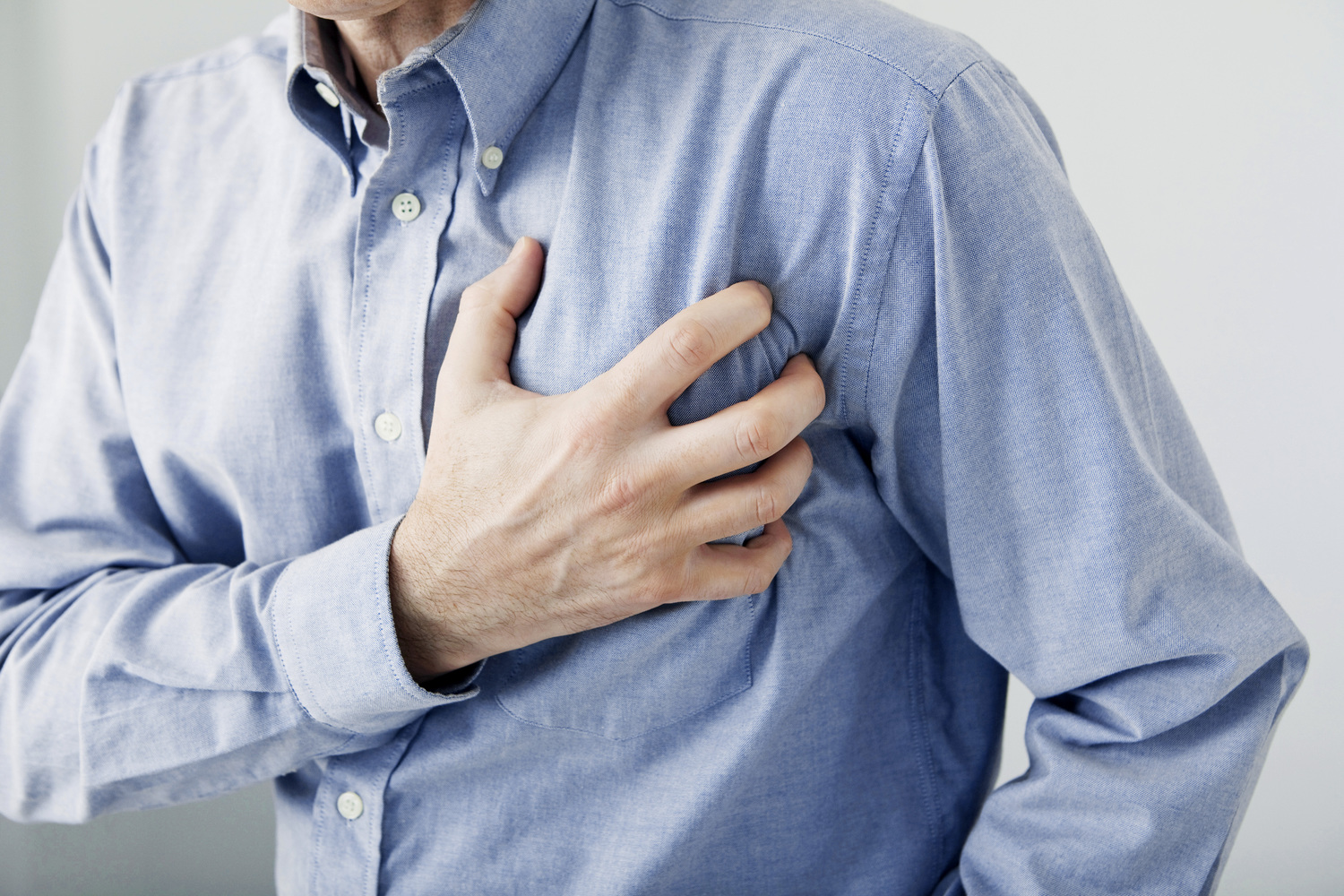Recognizing the Signs and Symptoms of Heart Attacks
Learn to identify the common signs and symptoms of a heart attack, including chest pain, sweating, shortness of breath, and dizziness. Recognizing these early warning signs can save lives. Understand when to seek immediate medical help and how to protect yourself and loved ones from cardiac emergencies through prompt action and awareness.

Recognizing the Signs and Symptoms of Heart Attacks
Heart attacks can strike unexpectedly, often resulting from a chronic, unnoticed condition. Being familiar with the warning signs helps individuals act swiftly and seek medical attention. Key symptoms include chest pain, sweating, shortness of breath, palpitations, indigestion, lightheadedness, and fatigue. Prompt recognition and response are vital, as early intervention can save lives. If you experience any of these symptoms, seek professional help immediately to ensure proper treatment and prevent severe complications. Stay informed to protect yourself and loved ones from heart emergencies.
Chest pain or discomfort that occurs suddenly and doesn’t ease with rest
Heavy sweating and clammy skin
Sudden shortness of breath, especially after exertion
Rapid or irregular heartbeat feelings
Nausea, indigestion, or vomiting
Dizziness or lightheadedness, sometimes fainting
Unexplained fatigue or exhaustion
Early detection of heart attack symptoms can be life-saving. Recognize these signs, act quickly, and always consult healthcare professionals for assessment and treatment. Remember, prevention and swift action are your best defenses against heart emergencies.










